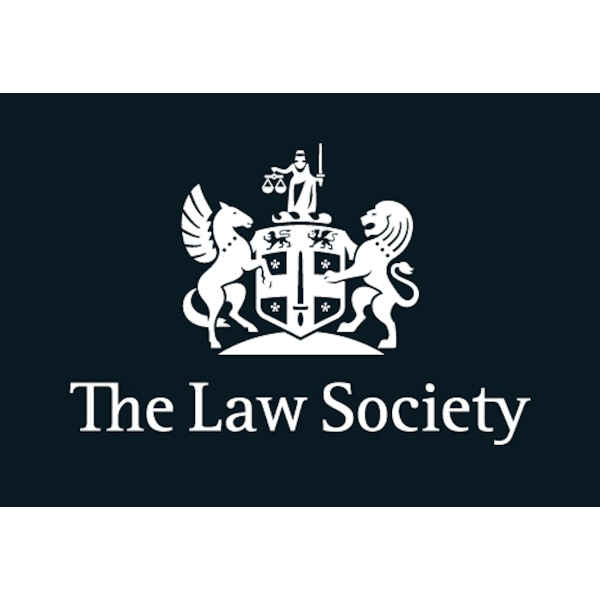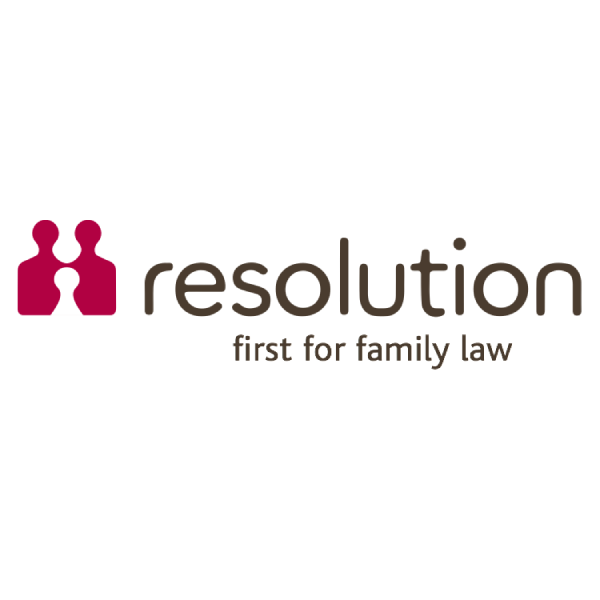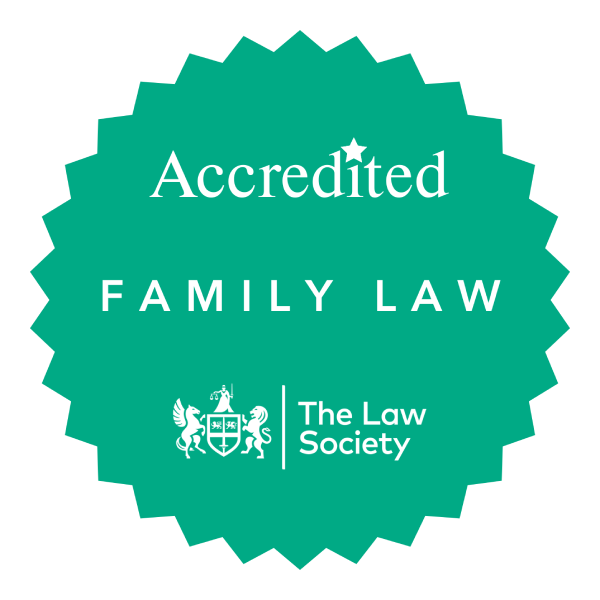Child Law Solicitors Berkhamsted, Amersham & Beaconsfield
“Breakthrough’s team negotiated joint custody of our child on the basis of what was best for him. Thank you Catherine for guiding us so skilfully through the process.”
How do I make child arrangements after divorce or separation?
- Provide a home for the child
- Protect and maintain the child
Who has parental responsibility?
All mothers have automatic parental responsibility, as do all fathers who are married to the child’s mother. Unmarried fathers have parental responsibility if their names are listed on the child’s birth certificate (this rule applies from 1 December 2003).
Why is having parental responsibility important?
A parent needs to establish they have parental responsibility before they can make any application in relation to the child. This might cover decisions such as where the child will live, if a parent can take a child with them when moving overseas, or other matters such as where the child should go to school or whether they should have a particular medical treatment.
What if I do not have parental responsibility?
If it turns out you do not, you can take steps to acquire parental responsibility. This can be done by an official agreement with the child’s mother or by applying for an order from a court.
Will I have to go to court to sort out arrangements for my children?
In the majority of cases, every attempt will be made to avoid going to court as doing so can be costly and emotionally draining for everyone involved. Under the ‘no order’ principle, judges take the view that it is better for children that their parents come to a fair and amicable agreement about child arrangements rather than this being achieved by a court order.
When will the court intervene in child arrangements?
The court will only get involved if it is clear the parents are unable to come to an agreement themselves. If this happens, a judge will make a decision, with the child’s welfare being the paramount consideration. It should be noted that before an application to the court can be made, it is necessary for the parties to attempt a process of mediation. If mediation is unsuccessful, the mediator will have to sign off on the formal application that will subsequently be made to the court.
How does the judge decide on child arrangements?
The judge will be assisted by an officer of the court, known as a CAFCASS (Court Advisory and Family Court Support Service) Officer. A CAFCASS Officer usually has expertise in social work and is often regarded as the ‘eyes and ears’ of the judge. They will visit and interview both parents, the children as well as other people who have had dealings with the children such as teachers and, in some cases, the police and social services.
The findings of the CAFCASS Officer are taken seriously by the court when determining what is best for the children. A report, which can take months to prepare, will be presented to the court. After this, if it is not possible for the parents to reach agreement in relation to the children, the court will have no option but to list the matter as a full Final Hearing. Fixing a date for this Hearing can also take many months. When this takes place both parents will have to give evidence about their views on the issues surrounding the children, which can often be a difficult experience.
Contact our Child Law Solicitors Beaconsfield, Berkhamsted, Chesham, Harrow and Chorleywood
Our experienced child arrangement lawyers, assisting in Beaconsfield, Berkhamsted, Chesham, Harrow and Chorleywood, offer a specialist service to get the best possible result for you. We strive to take the tension out of stressful and emotional situations by advising on appropriate strategies for dealing with outcomes for children, in the hope of avoiding costly court proceedings and enabling children to be settled into a happy routine and structure once the parents have ended their relationship. If you need advice on child arrangements following the breakdown of your relationship, contact us today on 01494 776 696 or Make An Online Enquiry to arrange an appointment with one of our team.
“Very quick turnaround, clear and sensible approach and very supportive!”
S L
Children and Family Law in England & Wales – Top 5 FAQs
What is a Child Arrangements Order in England & Wales?
A Child Arrangements Order is a legally binding order from the court that sets out arrangements in relation to who the children should live with and how much time they will spend with each parent.
How is parental responsibility defined in England & Wales?
Parental responsibility is defined under section 3(1) of the Children Act 1989 as all the rights , duties powers, responsibilities and authority a parent has in relation to their child and their property.
What are the legal rights of grandparents in England & Wales regarding contact with their grandchildren?
While grandparents do not have an automatic legal right to see their grandchildren if a parent is against it, grandparents can apply to the family courts for permission to make an application to spend time with their grandchildren.
How does the court decide on child custody in England & Wales?
When deciding who a child should live with, the family court will prioritise the child’s welfare and make a decision based on what they think is in the child’s best interests.
Can a Child Arrangements Order be enforced or modified in England & Wales?
Yes, if a parent breaches the terms of a Child Arrangements Order, the affected parent can make an application to the court to enforce the existing order. It is also possible to vary the terms of a Child Arrangements Order.








